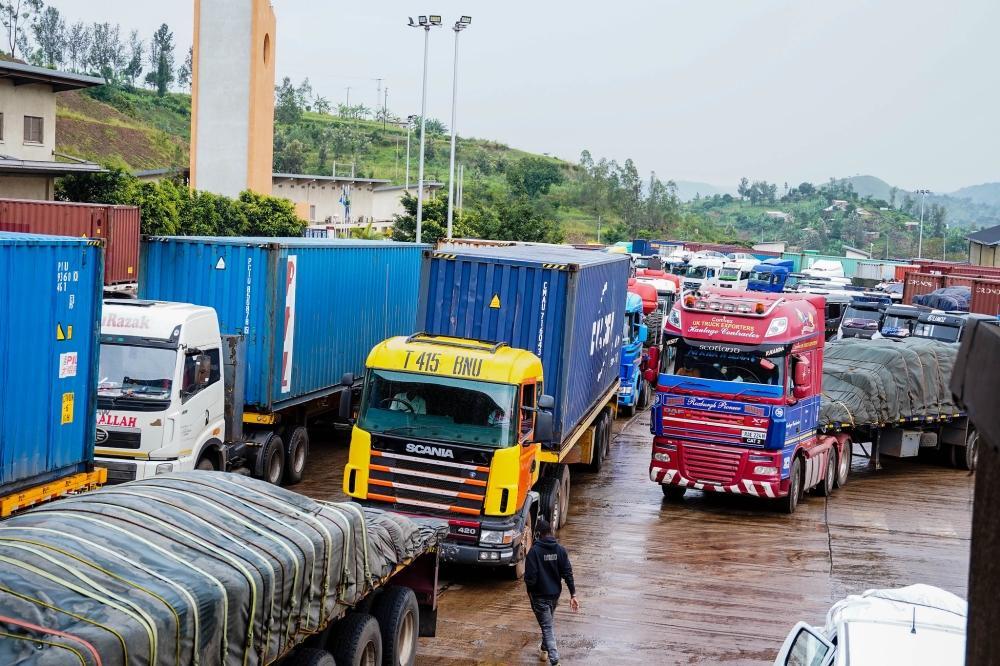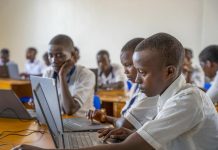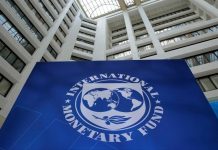Africa-Press – South-Sudan. The World Bank’s latest Africa’s Pulse report projects that African economies will rebound in 2024, rising from a low of 2.6 per cent in 2023 to 3.4 per cent in 2024, and 3.8 perc ent in 2025.
The projected growth will be supported by greater private consumption as declining inflation boosts the purchasing power of household incomes across Sub-Saharan Africa.
However, the World Bank says the recovery remains fragile due to uncertain global economic conditions, growing debt service obligations, frequent natural disasters, and escalating conflict and violence.
The authors of the report cautioned that while inflation is cooling across most economies, falling from a median of 7.1 to 5.1 per cent in 2024, it remains high compared to pre-Covid-19 pandemic levels.
Additionally, while growth of public debt is slowing, more than half of African governments grapple with external liquidity problems, and face unsustainable debt burdens.
Despite the projected boost in growth, the World Bank warns that the pace of economic expansion in the region remains below the growth rate of the previous decade (2000-2014) and is insufficient to have a significant effect on poverty reduction.
“Per capita GDP growth of 1 per cent is associated with a reduction in the extreme poverty rate of only about 1 per cent in the region, compared to 2.5 per cent on average in the rest of the world,” said Andrew Dabalen, World Bank Chief Economist for Africa.
In a context of constrained government budgets, he added, faster poverty reduction will not be achieved through fiscal policy alone.
“It needs to be supported by policies that expand the productive capacity of the private sector to create more and better jobs for all segments of society,” Dabalen said in a press statement.
The report highlights that external resources to meet the gross financing needs of African governments are shrinking and those available are costlier than they were before the pandemic.
Equally alarming is the political instability and geopolitical tensions weighing on economic activity and may constrain access to food for an estimated 105 million people at risk of food insecurity due to conflict and climate shocks.
African governments’ fiscal positions remain vulnerable to global economic disruptions, necessitating policy actions to build buffers to prevent or cope with future shocks.
To foster stronger and more equitable growth in Africa, the World Bank calls for restoring macro-economic stability, promoting intergenerational mobility, supporting market access, and ensuring that fiscal policies do not overburden the poor.
Source: The New Times
For More News And Analysis About South-Sudan Follow Africa-Press






